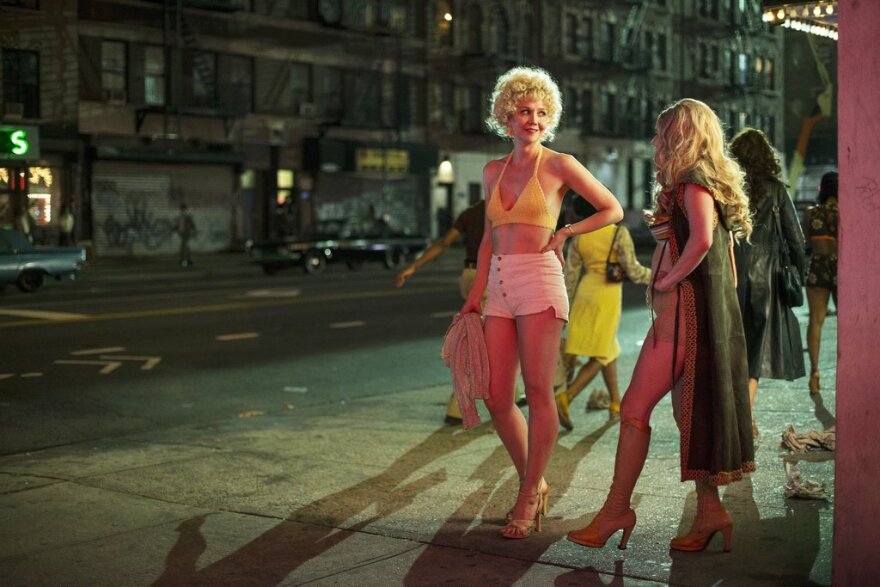The exploitation of women in film goes back at least 80 years, and probably to the beginnings of the film industry in the late 1890s. It’s a sex issue, a power issue and a labor and wage problem. You can bet your boots the young women who hand-painted very early films were underpaid and exploited in these ways.
For decades the cliché about the “casting couch” has been a joke – except to women.
And to our shame – I speak of men – the exploitation of women obviously pre-dates the movies themselves, by millennia.
Aside from the Harvey Weinstein disgrace, and the continuing fallout from that, what brings the situation into focus for me is the entire history of the movies themselves – and watching the first few episodes of the new series The Deuce, but more about that in a bit.
One of the famed early examples of sophisticated film editing is a short by D.W. Griffith, the filmmaker who pretty much invented the Hollywood film as we still know it. In 1912, Griffith made “The Girl and Her Trust,” about thugs who steal from the railroad office the strong box holding the payroll.
The girl of the title keeps them at bay, but finally the thieves make off with both her and the dough. Her trust, superficially, is the box of money; on a deeper level it’s her virginity, something Griffith obsessed about.
So, just as the movies are becoming a serious art and major entertainment, the audience is becoming engrossed by the sight of a woman dragged off by men, who may either literally or figuratively rape her. It’s understood that her virginity is the property of men.
At least since “The Girl and Her Trust,” the movies have made hay over the fight to preserve the virginity of women, except that our collective love for that story has less to do with wanting virtue to triumph over evil than with the love of titillation. It’s a story that has made billions for filmmakers.
So, thousands of movies are based on the sight of vulnerable women under siege, which brings me to The Deuce, the new series streaming on television. The standard line on HBO shows is that the first three or four episodes are pornography and then the series settles into what’s supposedly its real character. You must ask, why wait for four episodes to get going, and apparently the answer is that those episodes are what lock in the audience.
The Deuce is about the sex trade in New York in the early 1970s. By the fourth episode, its direction begins to clear. It’s a picture of how the only thing that matters to people is money and all the main characters – who work in and around Times Square when it was lurid and dangerous – are exploited, even the ones who do the exploiting. By episode four, you can also see that the women in the show are starting to gain power and maybe independence.
Terrific, but to hook their audience, the makers of The Deuce show images of women being exploited and humiliated. That may happen to some of the male characters also, but it’s the use of women’s bodies, often unclothed, and women forced to do things that men want them to do for money that the makers of this show believe will capture the audience.
The Deuce may deplore such things, but it obviously loves to deplore them, and it appeals to a largely male audience who may also deplore such things – and are at the same time excited by the sight of such deplorable situations. That’s a lot of deploring and protesting, and it lets some people justify how much ogling the show allows.
Sex in movies is fine, but sex and exploitation are not the same. And the sexual exploitation of women is also happening outside of Harvey Weinstein’s hotel rooms.






